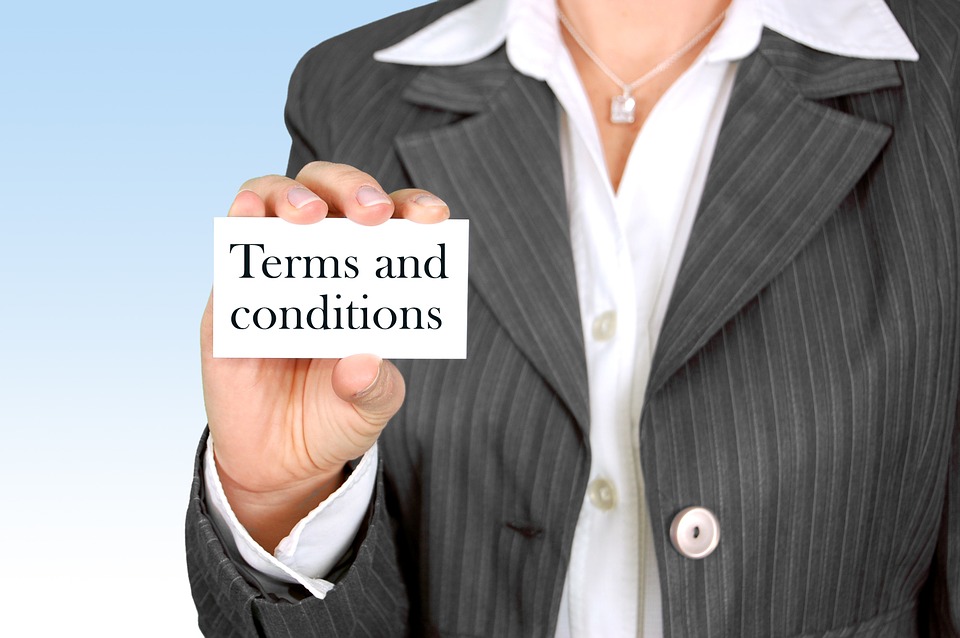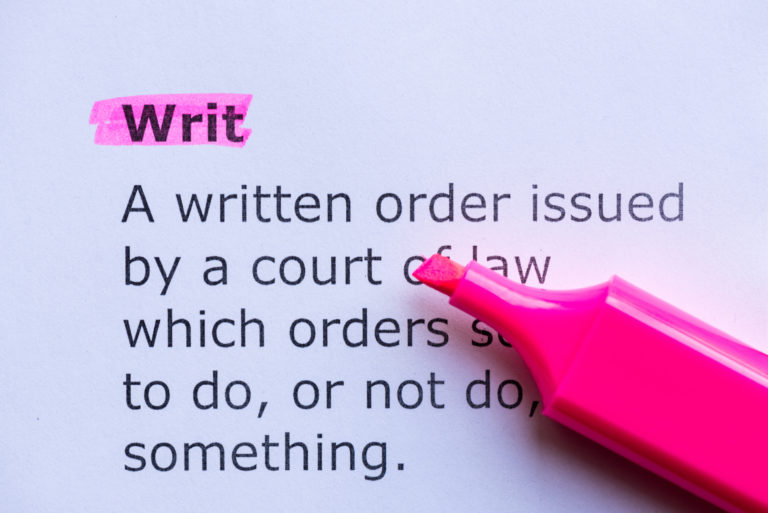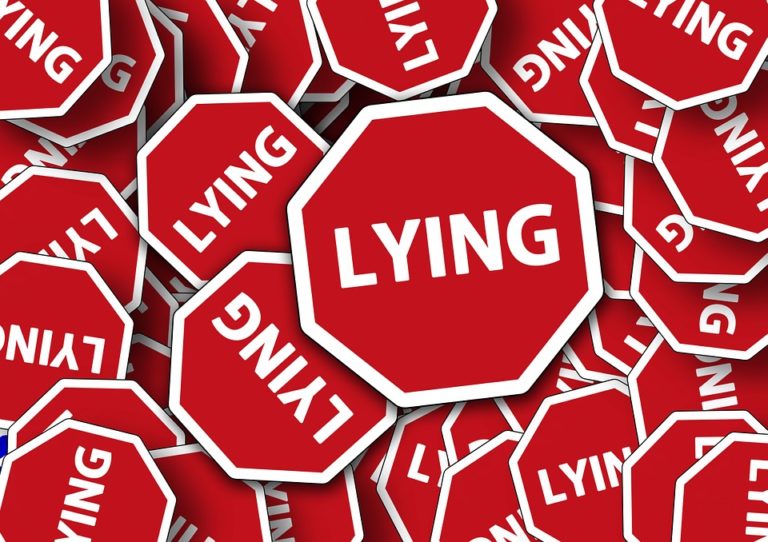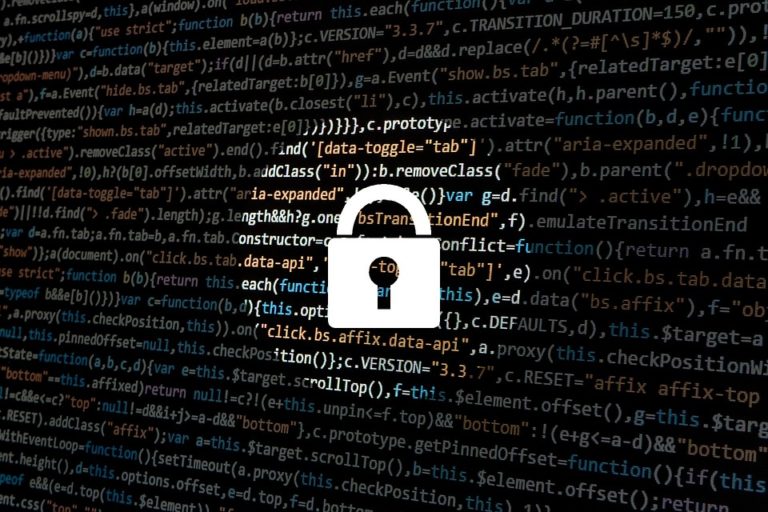What Are the Conditions of Making Bail in NY?
If you are arrested and charged with a crime in NY, you don’t immediately have a criminal trial. There are several, very important, steps that happen in between. First, you have an initial hearing, which can be coupled with arraignment in federal or state court. During your arraignment, the charges against you are read by the judge, and as the defendant, you are required to enter a plea of guilty, not guilty, or no contest. The next step is a bail hearing.
At a bail hearing, the federal or state judge will determine whether you will await trial in prison, called remanded, or released on bail. Often, this second hearing takes place immediately after arraignment, but can also occur a few days later. It could be months before your criminal trial in NY, so making bail is important and will greatly influence your immediate future. In the eyes of most defendants, making bail is crucial.
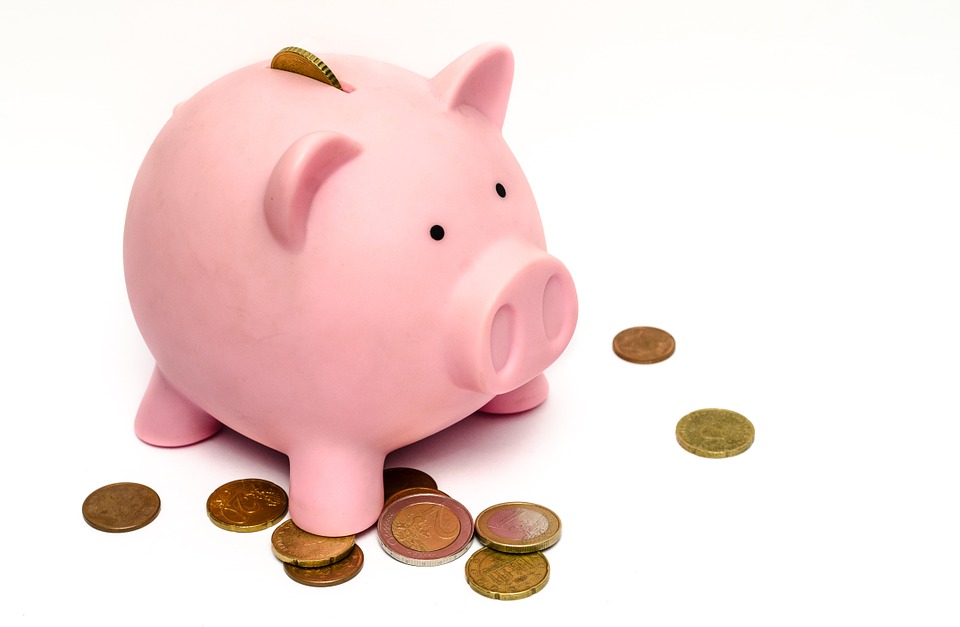
Yet, even “out” or released on bail, comes with certain conditions. The most obvious is the need to appear for your court dates and hearings in the future, but in NY there are other conditions to making bail. Not every defendant is subject to every condition, the determination is made by whether the defendant is considered a flight risk, danger to the community, or otherwise unlikely to appear for court. We cover the conditions of making bail in NY in this post.
#1: You Need to Pay Bail
The one condition of making bail that is unavoidable is paying bail. You won’t be released from federal or state prison without paying your bail in full. There are several factors that can determine how much you owe in bail and the final determination is left to the judge hearing your arraignment or bail hearing. Often, the prosecutor will argue for a defendant to be remanded or only released on very high bail, and it is your defense lawyer’s job to argue on your behalf for a lower amount.
There are two ways to pay for your bail in NY. The first is making the payment in cash and the second is a bail bond. When you pay for bail through a bail bond, you borrow the bail amount from a third party. That third party pays your bail, and then receives the amount back when you appear to court. However, you will also owe interest on your bail bond, which is how the bondsman makes money.
#2: House Arrest or Curfew
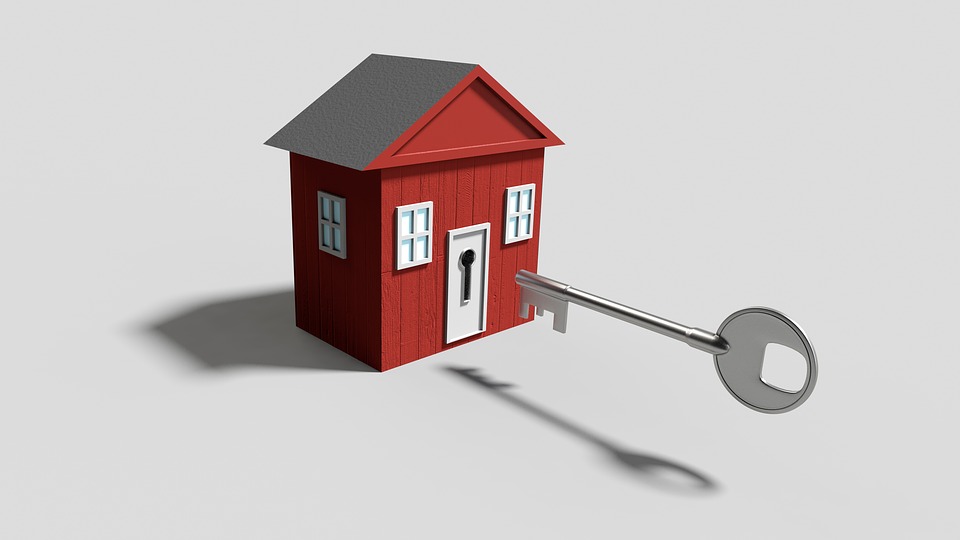
Another common condition of making bail could be house arrest or a curfew. These measures reduce the risk of flight before a criminal trial by placing geographic restrictions on a defendant. When placed under house arrest, a defendant is required to wear an ankle bracelet that tracks movements and sounds an alarm when the defendant leaves the designated area, usually the defendant’s primary residence. Breaking house arrest can mean the defendant is remanded to jail or prison to await trial.
Setting a curfew is obviously far less restrictive. However, the exact terms of the curfew and any restrictions can be determined by a judge for any specific case.
#3: Test for Controlled Substance or Alcohol
For nearly all defendants, it is a requirement to refrain from drug use while out on bail. At meetings with a parole officer or other court official, it is common to have a drug test administered. There are cases when drug testing and the use of a breathalyzer is more regimen and is stated as a specific condition to making bail.
When a crime involves drugs, trafficking, or similar crimes, it is common for the prosecution to ask that a condition of making bail be required drug tests or breathalyzers. These tests for a controlled substance could be random or scheduled, which is also something determined by the judge at your bail hearing, and like all of the other conditions of bail, the failure to pass a random drug test or breathalyzer could mean awaiting trial in jail.
#4: Restrictions on People and Places
A court also has the discretion to restrict a defendant’s interaction with certain people or prohibit the defendant from going to specific places. These restrictions aren’t determined at random. Instead, when there are restrictions on people or places as a condition to making bail, it is because those restrictions are related to the alleged crime.
For example, a court may prevent the defendant from meeting with individuals believed to be conspirators in a crime or involved in a criminal enterprise. On the other hand, there could be place restriction because a place is known for criminal activity, such as selling drugs, or is thought to be the scene of the crime.
#5: Finding Employment After Making Bail

There are two ways employment can play a role in your bail hearing. The first is that evidence of a stable job is important to prove you aren’t a flight risk. Along with a permanent residence and ties to the community, a job can influence the judge to rule in your favor on making bail. Second, it could be a condition of your bail to find a job. Defendants are given certain parameters and requirements for finding employment and a specific amount of time to secure work. Often, a parole officer will assist with finding contacts and job openings.
Legal Help with Making Bail
Making bail is not a situation that you should leave to chance. This single determination by a judge could alter your livelihood, lifestyle, and quality of life between charges for a criminal offense and a criminal trial. You can and should have a criminal defense lawyer at your bail hearing. To talk with one of our lawyers at Koch Law about a bail hearing for yourself or a loved one, call us at (844) 562-4529.

